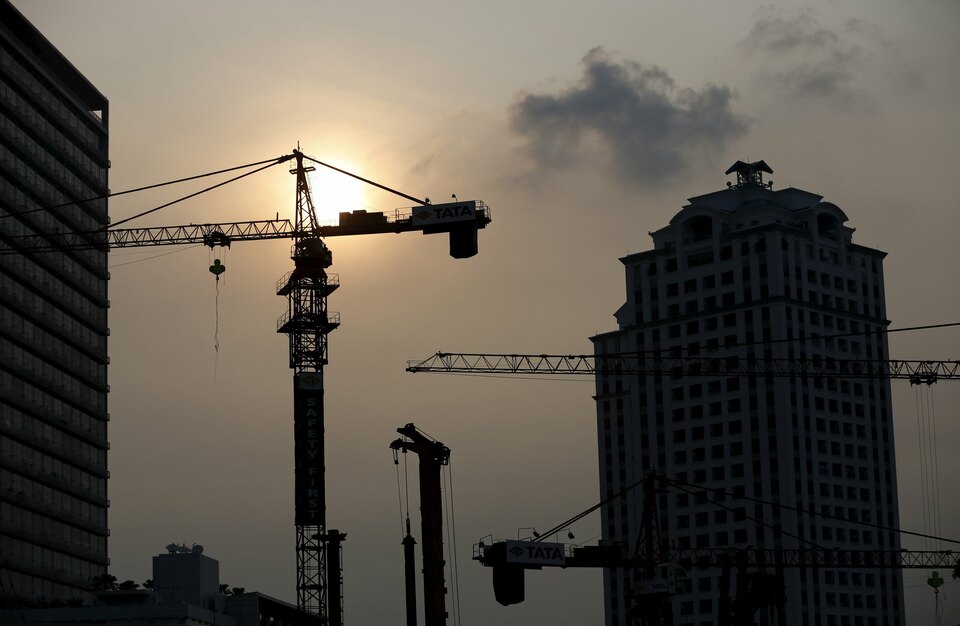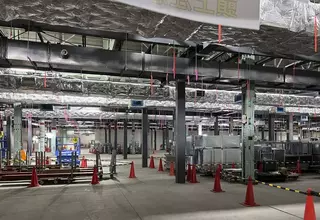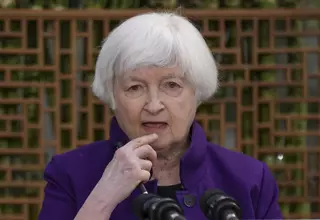Jakarta's Ailing Ease of Doing Business Opens Up Opportunities for Other Provinces: Report

[Updated at 11:57 a.m. on Wednesday, Nov. 22, 2017]
Jakarta. Jakarta's ailing ease of doing business has opened up opportunities for other provinces in Indonesia to attract investments from companies seeking to relocate their production base from China, said researchers from the Asia Competitiveness Institute, a research center at the Lee Kuan Yew School of Public Policy, part of the National University of Singapore.
The capital is losing momentum compared to well-performing provinces like West Java, Central Java and East Java, according to the 2017 edition of the Ease of Doing Business Index on Attractiveness to Investors, Business Friendliness and Competitive Policies — also known as the "EDB Index ABC."
EDB Index ABC assesses each of Indonesia's 34 provinces based on their attractiveness to investors, business friendliness and competitive policies. The analysis is done at the sub-national level, allowing comparison on ease of doing business across the country.
Jakarta has dropped two spots in the overall category of the EDB Index ABC to fourth position since 2015. East Java has inched up two positions to the top, West Java climbed three positions to second spot and Central Java gone up one position to third.
Jakarta's attractiveness to investors — measured by companies' ability to earn profits in the province, cost effectiveness, infrastructure and market potential — dropped two positions to third.
The capital also dropped five spots to seventh in terms of business friendliness, which is assessed based on the ease of operating a business and the government's responsiveness to businesses.
Jakarta managed to jump 11 positions to 19th in terms of competitive policies, thanks to its one-door policy initiative.
Nevertheless, the executive director of non-profit organization Jakarta Property Institute, Wendy Haryanto, said Jakarta has failed to show any significant innovation in processing permits, leaving the province behind other more innovative regions.
This year's index is based on secondary data from Indonesia's statistics agency and primary data from surveys conducted in April-September this year on 925 company representatives working with the Indonesian Employers Association (Apindo).
Research fellow and Asia Competitiveness Institute deputy director Mulya Amri said the surveys captured local businesses' views and sentiments about each province, providing a more grounded result compared to a similar index produced by the World Bank.
As a comparison, the World Bank assessed only the two biggest cities in Indonesia — Jakarta and Surabaya — but nevertheless came out with its Ease of Doing Business Index which put Indonesia in 72nd position out of 190 countries this year, up 19 spots from a year earlier.
Asia Competitiveness Institute director Tan Kong Yam said the ease of doing business index is crucial for local governments to attract investments at a time when multinational companies from Japan, South Korea, United States and Europe are starting to move out from China as its currency grows stronger and costs of producing goods in the Asian giant increase.
"They're moving their production bases to Asean countries," Tan Kong Yam said in a press conference on Tuesday (21/11).
"Indonesia is a major country that would be able to attract these companies because it has good resources, increasingly better-skilled labor and, more importantly, improving infrastructure and a large domestic market."
Correction: The previous version of this article misspelled the name of Asia Competitiveness Institute director Tan Kong Yam. The Jakarta Globe regrets the error.
Tags: Keywords:POPULAR READS
Nissan to Make Next-Generation EV Batteries by Early 2029
Solid-state batteries are widely seen as the next step for EVs.Airlangga Set to Extend Leadership in Golkar After Election Success
Under his leadership, Golkar rose to the second position in the legislative polls and successfully made Gibran the elected vice president.Yellen Says Iran's Actions Could Cause Global 'Economic Spillovers'
Iran's missile attack on Israel early Sunday came in response to what it says was an Israeli strike on Iran's consulate in Syria.Takeaways from Prabowo's Responses to Legal Motion Contesting His Election Win
Part of the argument addresses the claim that the candidacy of Gibran Rakabuming Raka, Prabowo’s running mate, is unlawful.Prabowo Camp Cites ‘Procedural Error’ in Legal Challenge by Rival Candidates
The Constitutional Court's main task is to address alleged discrepancies in vote tallies, which neither of the plaintiffs challenged.Popular Tag
Most Popular






















